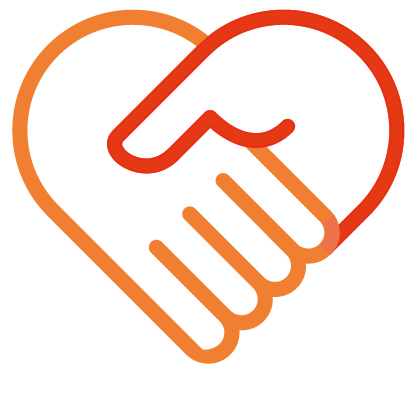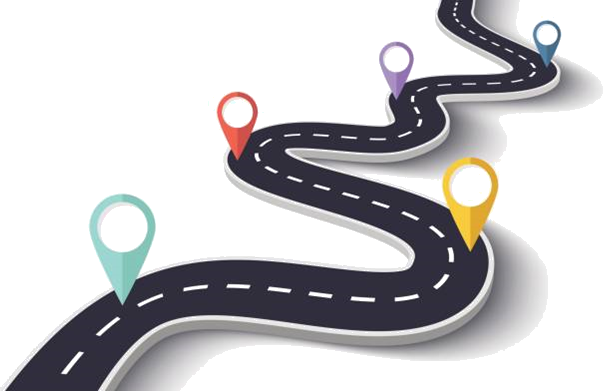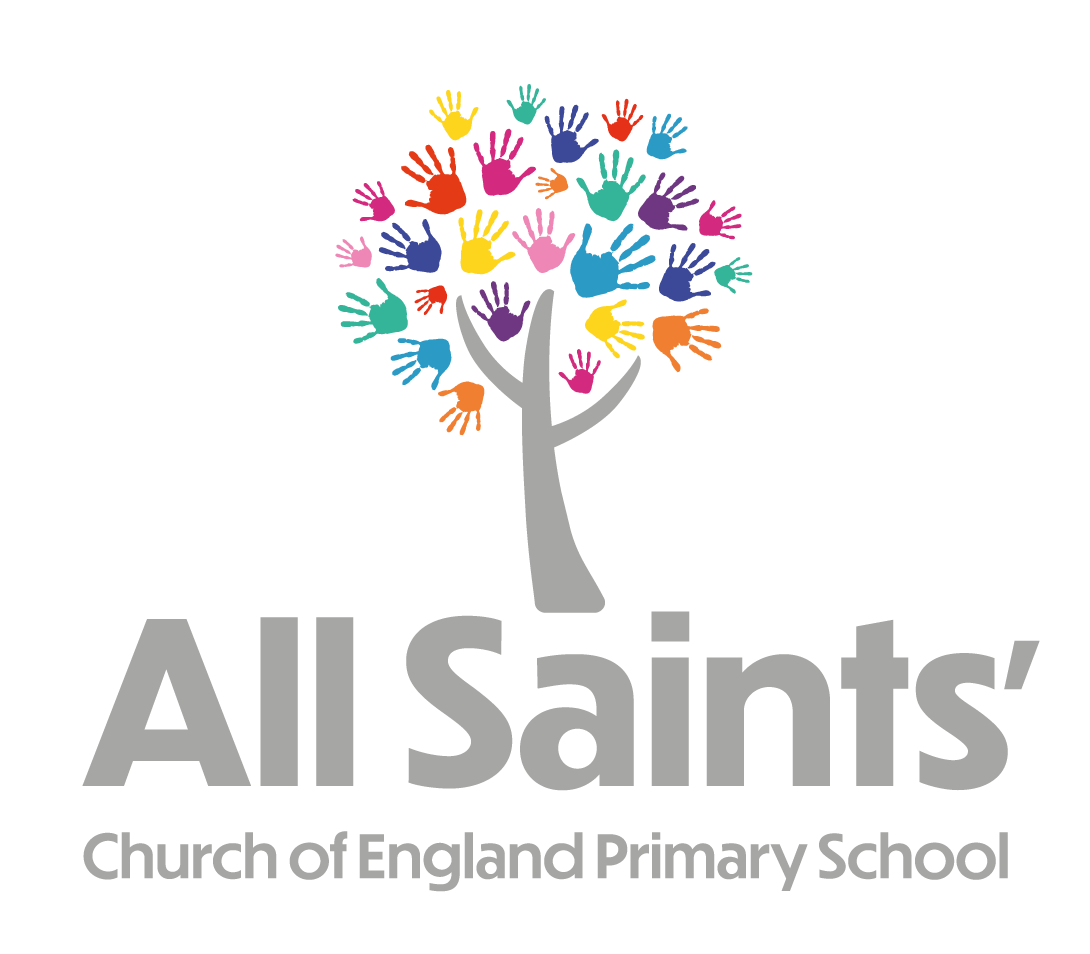History

Growing Stronger Together in God's Love
Love 
At All Saints’, we encourage our children to connect with people of the past with open minds and respect. In our lessons, we explore the lives of people through the eyes of empathy and love.
Compassion 
Our children learn that throughout history, people both locally and globally have experienced both success and hardship. They are encouraged to connect with people of the past through the use of artefacts, stories and primary sources and consider what life was like for that person. They learn that history is also about the people whose stories are not told and those who may have been misrepresented, and consider the reasons for this. In all of their learning, our children are encouraged to show compassion for all people who have come before them.
Koinonia 
Our history lessons encompass a comprehensive way of analysing the past that values and encourages discussion and sharing of ideas. We believe that It is through diverse thought that ideas can be best shared and explored. We aim for our history lessons to be interactive and fun - a perfect way to uncover and explore the past!
Wisdom 
On their learning journey in history, the children have continual opportunities to compare and contrast their learning of significant people, places and events from the past. By applying accumulated knowledge throughout their history lessons, the children demonstrate wisdom in their deep thinking. They are encouraged to question and explore every piece of evidence and fact that they are introduced to, making their own informed conclusions.

As in all of our subjects, as children work through the history unit in hand, they will be given opportunities to explore and be immersed in the learning, be explicitly taught skills and learn to apply, and critique, them through our All Saints' Approach: Engage, Skill-Build and Create-Evaluate.
At All Saints’, we are proud of our diverse community and our ambitious history curriculum aims to provide our children with knowledge of the historical factors that have shaped our lives and be able to explain the how and why.
We aim to engage, immerse and inspire pupils, so they are explicitly taught the skills needed to be able to confidently ask perceptive questions, think critically, explore and evaluate arguments when investigating the past, in order to gain a balanced perspective of historical events, making sense of the world in which they are growing up.
We believe in the equality of opportunity for all, and strive for the children in our school to see their identities represented through their own curriculum. We have, therefore, embedded an appreciation of the creativity and achievements of women and a broad range of cultures across our history education.
Our coherent and thoughtful curriculum appreciates history on a local, national and international level, aiming for our children to be compassionate, thoughtful and educated citizens of the world.
Reception 
Autumn- All About Me
In this topic, the children will explore changes that have happened to them as they have grown up, e.g. moving house, a new baby in the family. They will begin to understand chronology by sequencing family photographs in order. Through books and discussions in class, they will begin to compare their own experiences with others.
Summer- Once Upon a Time
In this term, the children will enter the exciting fairy tale world and explore castles, which will be built upon in Year 1. They will think about their own home and compare homes now and in the past. Through fairy tales, myths and legends, they will begin to understand cause and effect, time and motives. By comparing illustrations and versions of the same story, the children can also start to understand interpretation. These provide a gateway into encouraging compassion towards people of the past and an understanding their community.
Year 1 
Autumn- How has air travel changed over time?
The children’s curiosity will be inspired by significant inventions and individuals in the exciting world of air travel. Thinking as historians, they will begin to understand the process of change and historical significance within a chronological framework. The children will make judgements of their own through their understanding of the similarities and differences between ways of life within the different periods.
Spring- How has our school changed over time?
Our children will be immersed in methods of historical enquiry, particularly how evidence is used to learn about the past and how oral history plays an important role in uncovering details of our local history and community. Through analysing primary sources and first hand accounts, the children will learn about the rich history of our school and some of the significant events encountered by the children who attended. This unit will culminate in an exciting experience of school life as a Victorian child.
Summer- How have three queens helped shape Britain?
Set within three contrasting periods of history, the children will discover strong women rulers: Queen Elizabeth I, Queen Victoria and Queen Elizabeth II. Strengthening their chronological understanding, they will compare the recent with the more distant and very distant past. This unit will compare differences between the character of the monarchs, their personal lives and features of life during the three reigns.
Year 2 
Autumn- How has our local area changed over time?
As historians, Year 2 will learn about significant people and places in their own locality. They will focus on famous characters of our local area, Admiral Lord Nelson and William Morris. They will also look at how their local area has changed over time for example how Merton’s population grew due to transport improvements– going from a small farming community to a residential suburb within thirty years. They will look at how Industry expanded on the banks of the Wandle and look at early settlers in Morden– what have the archaeologists found?
Spring- How have explorers changed the world?
Year 2 will learn all about the epic journeys and extraordinary exploits of two of the world’s greatest explorers, Ibn Battuta and Robert Falcon Scott. Through Batutta’s 29 year journey, the children will experience what early Islamic civilisation was like, gain a deeper understanding of Hajj, whilst understanding that land travel has changed dramatically over time. They will also be introduced to a very different kind of desert experience through Scott’s dramatic journey to the south pole, comparing and contrasting the experiences along the way.
Summer- Why was the Fire of London ‘Great’?
Year 2 will go back to 1666 and the era of the Stuarts as they find out about the Great Fire of London and the effects it had on the people of the time. They will find out when, where, how and why the Great Fire happened and explore how we know about it through the diary of Samuel Pepys and other physical and written sources. In this unit, they will evaluate source material and make connections to discus the causes and consequences of this event that was significant both nationally and globally.
Year 3 
Prehistoric World- Stone age to Iron age
Year 3 will journey from the Stone Age to the Iron Age, covering around 10,000 years, between the last Ice Age and the coming of the Romans. The children will learn that history would have been impossible without prehistory, and that It was during prehistory that Britain acquired its languages, landscape and regional identities. Year 3 will be immersed in the prehistoric world with learning such as how tools changed through time; how buildings were constructed; how villages operated; and how people defended themselves. They will consider how man moved from hunter-gatherer to farmer, from rural to urban, from fighting for survival to sophisticated society.
How did the Roman Empire Impact Britain?
Year 3 will develop their knowledge of British and world history in this exciting unit about the Roman invaders and settlers who came to Britain. They will learn everything they need to know about the rise of Roman Britain, opposition from the Celts, the legacy that was left behind when they went home and much more.
Who were the Ancient Egyptians?
In this unit, Year 3 will focus on the attitudes, beliefs, and ways of life of the Ancient Egyptians. They will build a clear picture of a past society 5,000 years ago through the study of evidence which has come to light scarcely 200 years ago. The children will discover the Gift of the Nile, the iconic images of pyramids, the centrally important religious beliefs and the way we can work out details of people’s daily lives by interpreting the fragments of evidence that has survived. The children will also compare and contrast their findings with other ancient societies from that time.
Year 4 
How has Wimbledon’s Past Affected its Present?
As historians, the children will build upon their chronological knowledge and understanding of our local history by looking more in-depth at life in and around Wimbledon. They will go from slave owners to Suffragettes and find out about the people of Wimbledon’s past to help to tell the stories of Wimbledon’s present. Year 4 will visit Wimbledon Museum and further research the characters who have shaped our communities, making connections and contrasts with the time periods they have already studied.
What effect did the Anglo Saxons and Scots have on Britain?
Year 4 will find out what happened in Britain after the Romans left in the 5th century. Using the mysterious burial ship at Sutton Hoo and other evidence, they will explore where the Anglo-Saxons came from, how they came to settle in Britain, along with the Picts and Scots of the north, how Christianity became the predominant religion and much, much more.
Who were the Ancient Greeks?
As historians, Year 4 will learn all about this amazing ancient civilisation. They will first learn about the geography of Greece, and place the civilisation in time. They will explore how the different areas of Greece were governed, and compare the two city-states of Athens and Sparta. Children will use primary and secondary sources to find out about the daily life of the ancient Greeks, before exploring Greek mythology and the impact of some of the great philosophers of the time. In the final lesson, the children will reflect on how the ancient Greek civilisation still influences modern life today.
Year 5 
Autumn- What Effect did the Vikings have on Britain?
Year 5 will go on a fascinating journey back in time as they find out about the Viking and Anglo-Saxon struggle for the kingdom of England and how England became a unified country. They will explore where the Vikings came from, how they fought for territory and power, and how their fighting ultimately led to the kingdom of England we know today. Along the way, they will build a deeper picture of what life was like for everyday people living in Anglo-Saxon and Viking Britain, exploring Viking runes and Anglo-Saxon stories like Beowulf.
Summer- World War 1, 2 & Migration (double topic)
Throughout these lessons, Year 5 will find out where and when the Second World War took place, what life was like for children in WW2 and how Britain defended herself from attack. They will also learn about the Holocaust and the devastating effects of the war on people around the world. Year 5 will also find out about the reasons for, and effects of, migration from Caribbean countries after the Second World War.
Year 6 
Autumn- What can we learn from the kingdoms of Benin and Zulu? (double topic)
As historians, Year 6 will go to West Africa and explore the fascinating Kingdom of Benin together. They will find out where the Kingdom of Benin was located, what life was like, and how society was organised. They will also investigate the artefacts and evidence that remain of this civilisation.
Next they will visit South Africa. Year 6 will first look at artefacts from both the Victorian and Zulu Kingdom and realise that they were in fact at the same point in history. Following this, children will learn about Zulu culture and will be encouraged to challenge any assumptions they may have had. Children will look at sources and explore their validity and address the idea of bias and misconceptions and how these played a role in the Anglo-Zulu war. They will consider its impact and how these problems may still be present in today's society.
Summer- What was the Atlantic Slave Trade?
Year 6 will look closely at the abolition and the lasting effects that the Atlantic slave trade had on the people and countries involved, including how slavery has changed and still exists today as modern slavery.
